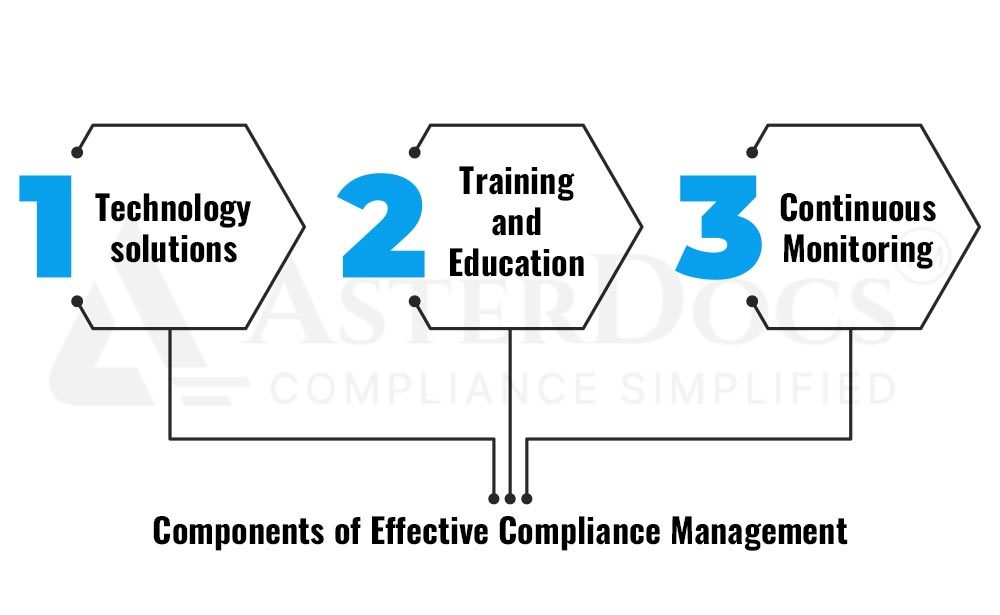In today’s global business landscape, supply chain management is more complex and interconnected than ever. Companies rely on suppliers from various corners of the world to deliver goods and services efficiently and cost-effectively. However, with this complexity comes multiple challenges, including the need for robust supply chain compliance management. In this blog, we’ll explore why supply chain compliance is not just important but vital for modern businesses.
The Modern Supply Chain
Supply chains have evolved significantly over the years. They’re no longer linear but intricate networks that span countries and continents. Modern supply chains involve many players, from raw material suppliers to manufacturers, distributors, and retailers. While this complexity allows companies to tap into global resources, it also brings new challenges.
Here’s where supply chain compliance management steps in.
What Is Supply Chain Compliance Management?
Supply chain compliance is the set of processes, policies, and technologies organizations use to ensure their supply chain operations meet legal and regulatory requirements while aligning with their business objectives. It involves a systematic approach to ensuring that every aspect of the supply chain adheres to standards, laws, and guidelines. This covers everything from product quality and safety to environmental regulations and ethical practices.
Why Is It Vital for Modern Businesses?
Mitigating Risks
Modern supply chains are fraught with various risks, ranging from natural disasters to geopolitical unrest. Effective supply chain compliance helps identify and mitigate these risks, making supply chains more resilient. When a crisis strikes, businesses prioritizing compliance are better equipped to handle disruptions.
Quality Assurance
In today’s competitive marketplace, product quality is paramount. Supply chain compliance ensures the quality and safety of products and materials within the supply chain. For modern businesses, this means fewer disruptions due to recalls or quality issues, thus strengthening their market position and customer trust.
Legal and Ethical Standards
Legal and ethical compliance is an obligation for businesses, and non-compliance can result in severe consequences, including legal action and reputational damage. Ensuring supply chain operations follow laws and ethical practices is not just a choice but a necessity in the modern business world.
Transparency and Trust
Transparency is a vital component of any strong business relationship. Supply chain compliance processes create visibility by providing data on regulatory compliance, sustainability, and product quality. Transparency is not just about meeting the demands of regulators; it’s about building trust between partners and stakeholders.
Efficiency and Cost Reduction
An efficient supply chain saves costs and time. Compliance management streamlines processes, helping businesses to eliminate inefficiencies and reduce operational costs. This is particularly important in today’s business environment, where competition is fierce and margins are often thin.
Market Access
Many markets and regions have specific regulations and standards that products must meet to be sold. Supply chain compliance ensures products can access and comply with various needs worldwide.
In Summary
In today’s highly competitive and interconnected business environment, supply chain compliance management is not a luxury but a necessity. Modern businesses that want to remain competitive, mitigate risks, and build trust must prioritize compliance throughout their supply chain. It’s not just about meeting regulatory requirements; it’s about making resilient, reliable, and ethical supply chains that form the backbone of success in the modern business world. Supply chain compliance management, powered by technology and guided by a commitment to quality and ethics, is the path to achieving these objectives.














